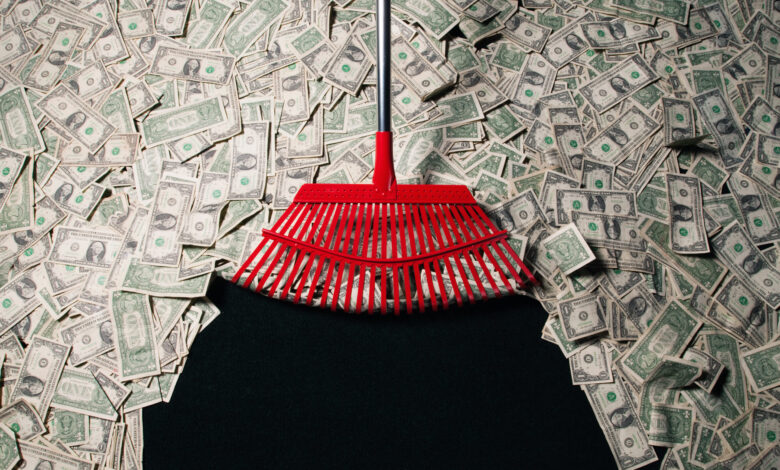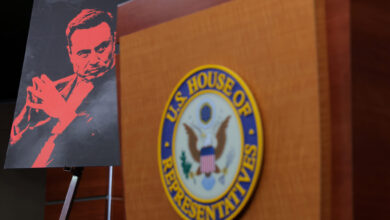
As a cost-of-living crisis looms over Americans, one rapidly growing business model explains where some of our disposable income is disappearing: subscriptions.
These days, everything from movies to food to dating apps are offering — or in some cases, demanding — a monthly subscription. There are even subscription services to manage and cancel other subscription services, like Rocket Money Premium. According to Forbes, the subscription economy is set to reach $1.5 trillion in 2025.
In the digital era, companies use subscription models to lock consumers into perpetually renting content they previously could own — and now they’re raising the rent.
Many people underestimate how much of their paycheck gets eaten by subscriptions. According to one 2022 study, consumers assumed they paid around $86 a month. The actual average was $219. Perhaps that’s because companies count on people forgetting to cancel their subscriptions once they’re finished with the service, unaware it continues to chip away at their paychecks.
The problem is only getting worse.
Many streaming services, such as Spotify, Paramount+, and Disney+, are hiking prices after cornering the market, leaving users with little recourse but to pay the higher price. As with groceries, housing, and other artificially inflated prices, this sort of corporate profiteering is a major reason why corporate profits have soared while the average consumer is being squeezed tighter and tighter.
Companies are also significantly encroaching on users’ freedoms and privacy to protect their subscription profits.
For example, to crack down on password sharing, companies are tracking your IP address to restrict access to the platform outside certain locations. So if you wanted to loan your Netflix account to a friend outside of your household, or even just a child going off to college — practices that were free for years — you’ll have to pony up now.
Finally, what happens if these platforms — where people build entire personalized digital libraries — disappear entirely?
My largest Spotify playlist has almost 450 songs on it, constructed carefully from the time I was in middle school. If something happened to Spotify, the loss would be incalculable — the equivalent of the burning of the Library of Alexandria for me and 44 million other Americans that subscribe to Spotify Premium.
We’ve heard a lot about young people’s anxieties over whether or not they’ll ever be able to own a home. But we don’t hear as much about the attack on other forms of ownership as well. The switch from physical media to digital can be characterized as a massive push by corporations to switch consumers from owning content to renting it.
Now that we’re realizing just how much we signed away in the switch to streaming, can we claw back some of those privileges?
The government is taking some steps to protect us. The Biden administration’s Federal Trade Commission has proposed a rule that would make it as easy to cancel a subscription as it is to start one. Under “click to cancel,” if you sign up for something online, you should also be able to cancel easily online — not have to call an 800 number and wait on hold.
Meanwhile, you still have other options. For example, many public libraries now offer free or low-cost alternatives to streaming services. Many people don’t know just how much their local public libraries have to offer, but you may be able to find not only free ebooks but also free streaming music and movies.
Big corporations have gained so much power over what we consume and how. If they keep using that power to extract more and more money from us, we’ll blow straight past “subscription fatigue” right into subscription anger.
I’m with the boomers on this one. If consumer protections won’t kick in to protect us from corporate greed, count on internet piracy to come roaring back.
This column was distributed by OtherWords.org.




